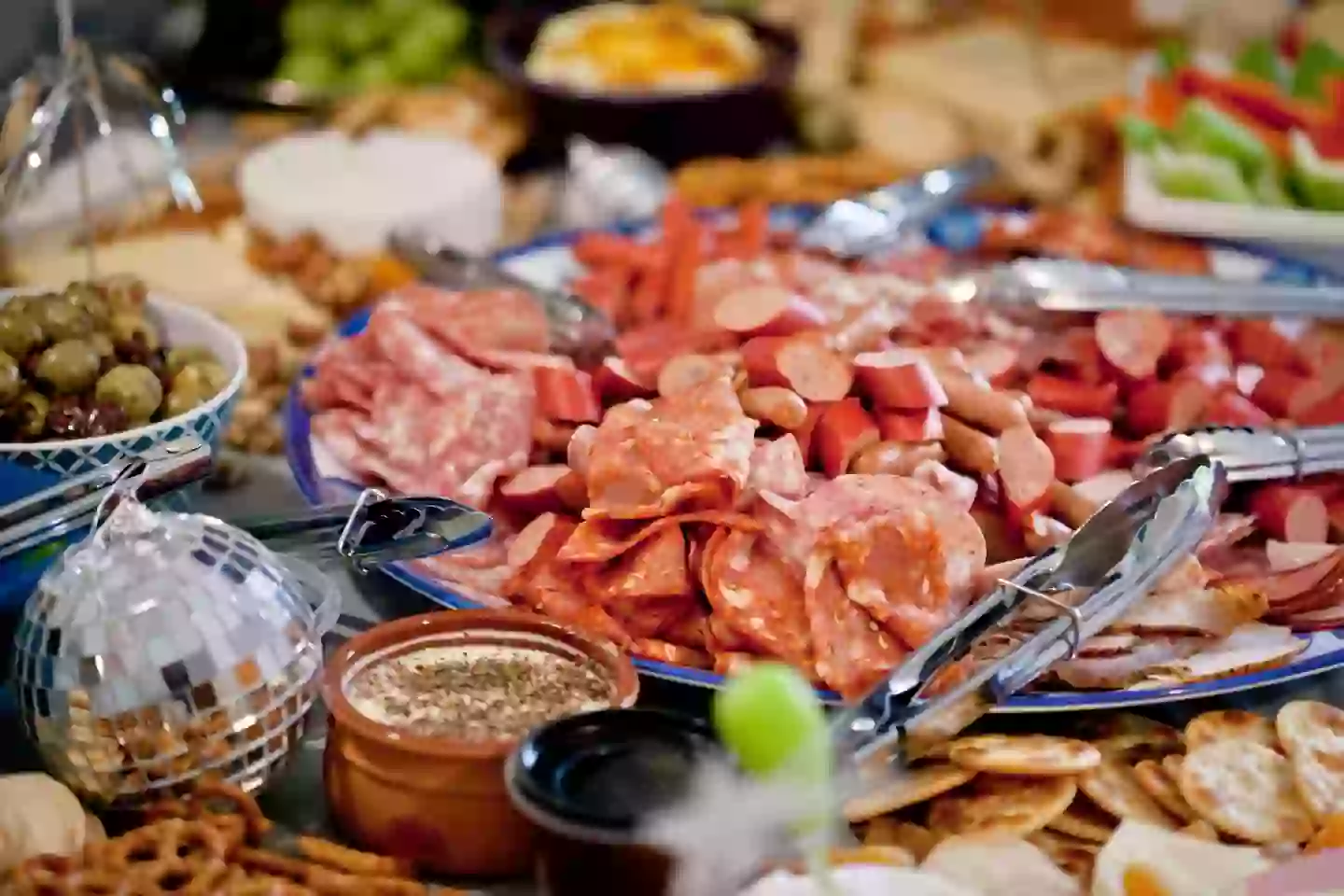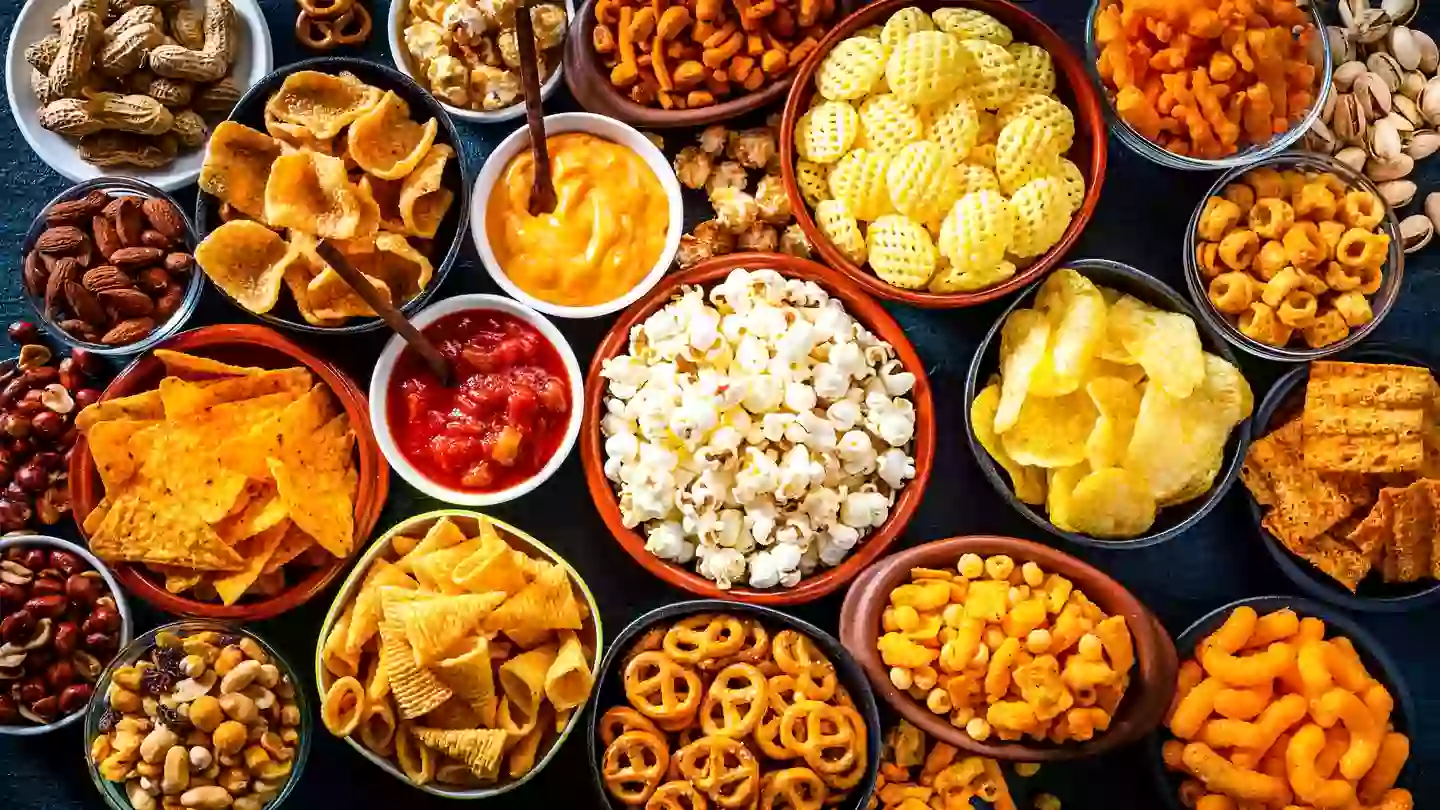A longevity expert has suggested that keeping certain foods in your home may hinder your chances of living to 100.
Dan Buettner, a New York Times bestselling author, has focused his career on investigating ‘Blue Zones’ across the globe, which he believes hold the key to a long life.
In contrast to Bryan Johnson, a ‘biohacker’ aiming to decelerate his aging process in hopes of eternal life, 64-year-old Buettner aspires to live beyond 100 by observing the habits of centenarians in Blue Zones worldwide.
Before diving in, let’s define what Blue Zones are.

Blue Zones refer to regions where people often live to, and beyond, 100 years.
In the US, Loma Linda, California, is recognized as a Blue Zone, largely inhabited by Seventh-day Adventists, a Protestant Christian group known for avoiding alcohol, smoking, and eating meat.
However, Buettner’s research suggests that moderate alcohol consumption doesn’t necessarily stop one from reaching an advanced age.
Now, let’s discuss the four foods Buettner advises against having in your home.
Sharing on TikTok, the Minnesota-born explorer stated, “Let me tell you the four things you should never bring into your house. I don’t care if you go out once and a while and treat yourself, but the four things that should never enter the front door of your house.”
“Number one, processed meats. We know that they are associated with cancer,” Buettner explained.
This isn’t the first time such advice has surfaced from health experts about avoiding these foods.
“Processed meat and alcohol have both been named as carcinogens by the World Health Organization. The advice is that cutting back on both of these things is better for overall health,” shared Dr. Jiri Kubes, a radiation oncologist and cancer expert.
Foods like ham, sausages, and hot dogs fall under processed meats.

Buettner identified these as the ‘number one source of refined sugar in the American diet.’
Studies indicate that a high intake of sugar-sweetened beverages may contribute significantly to obesity both in the US and globally.
The Centers for Disease Control and Prevention identifies sugary drinks as the ‘leading sources of added sugars in the American diet.’
“The third thing you should never have in your house is salty snacks, we know that they’re most associated with obesity,” Buettner noted.
Cardiologist Lauren Baldwin has previously pointed out that potato chips, which are high in sodium and fat, are considered ’empty calories,’ providing ‘calories without the vitamins, minerals and fiber your body is craving.’
“That’s a recipe for overeating, since you’ll still be hungry, even after finishing that bag,” Baldwin added in a blog on Orlando Health.

“And the final thing is packaged sweets. Also, highly associated with obesity,” Buettner concluded.
This is largely due to their high sugar content, which is why they are so appealing.
According to the NHS, the UK’s publicly-funded healthcare system, high sugar intake can lead to tooth decay, weight gain, and potentially type two diabetes.
However, Buettner isn’t saying these snacks should be completely avoided; rather, he encourages people to enjoy them outside of their homes.
He added, “If you want to enjoy these things, go on get them just don’t have them tempting you all the time in your house and we’ll see you when you’re 100.”

